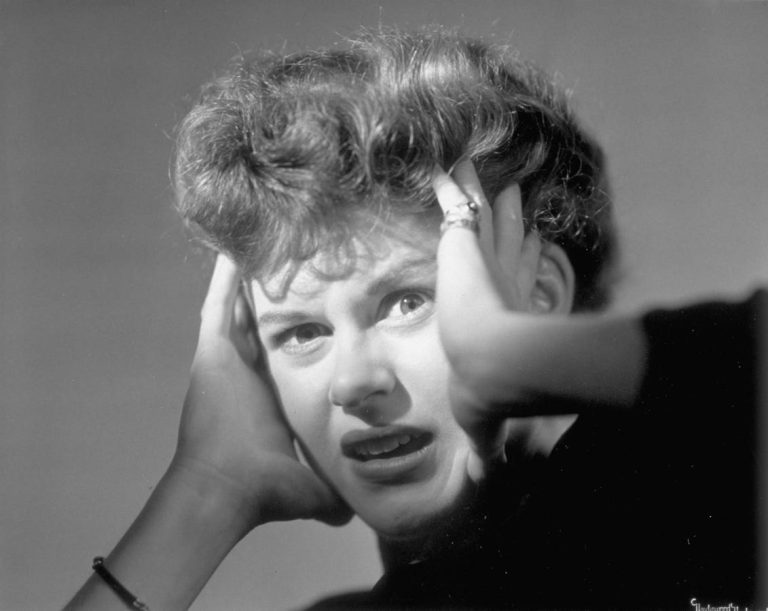It’s uncomfortable. The idea that you have to tell your elders what to do or take over things for them seems strange. The people who once guided and protected you may now need you to do the same for them. For many adult children, this shift in roles can be challenging. You don’t want to undermine their independence or take away their personal dignity. But if you fail to act, their vulnerability itself will destroy any remnants of independence. And there is nothing dignified about having to be hospitalized because they forgot to take their medications, or they fell on the unsafe stairs in their home. Likewise, letting impaired elders stumble financially and get scammed is not a way to honor their independence.
If you find yourself in this situation, you’re not alone. Consider these ideas to help with the transition to that role you don’t really want.
Understand Your Own Resistance
It’s an axiom that we can’t solve any problem in our lives until we recognize it and get where it comes from. For those with aging loved ones, especially one’s own parents, the notion of having to do important things for them, and oversee their lives can feel very unnatural. Switching roles doesn’t feel great.
Seeing your parent as vulnerable can trigger feelings of sadness, denial, or guilt. It can tell you that they are in the sunset of their lives, something we don’t like to see. Then there’s the burden part. If Mom can’t drive anymore, for example, you will have to either take her places or figure out a way for her to get where she needs and wants to go. That’s a new responsibility you may not want and just don’t have time for now. Taking on more tasks can feel overwhelming, especially when balancing other life commitments, like your own family, kids still at home, or work you must do regardless.
Reframe Your Mindset
Viewing your role now, becoming a caregiver through a new lens can help reduce your internal resistance and build a sense of honor in yourself. It’s the right thing to do and that is what gives anyone a strong sense of purpose. Here are some essentials that can make the journey better:
Give back: Caregiving is an opportunity to honor the love and sacrifices your parents made for you, if they did so. You have a way to return the love. If they weren’t good parents, you are demonstrating by your own actions how it is supposed to work in families. In a sense, you are righting a wrong by a dignified approach, giving them what perhaps you never got enough of: love and attention as a child. Doing the right thing uplifts us.
Look ahead: Someone once said about aging loved ones “they are ourselves a few years down the road”. Do you see in them how it could be for you if you lost your own independence? Don’t tell yourself it could never happen that YOU might be vulnerable one day in your future. Imagine being a responsible caregiver for them as you would wish it would be for you in a similar situation as you, yourself age. No room for denial here, as getting older changes all of us.. Most of us will need help at some point if we live long enough.
Set an example: Consider modeling for your own kids or other close friends how to do this job. The responsibility could fall on them for you, should you hang around long enough to get frail and in need of help. It happens! It is very rare indeed for any person celebrating a 100th birthday to be without caregivers and a supportive environment.
How Resistance Shows Up
From us at AgingParents.com, where we consult with families who have aging loved ones, we see the resistance adult children have with parenting their parents. We’re a nurse-lawyer, geriatric psychologist team, offering advice and strategy. We see resistance by adult children to step in at the early warning sign stage when red flags appear. Adult children don’t want to do it. They have a long list of excuses and reasons to ignore the red flags. Here are the top three excuses to avoid taking on “parenting” aging parents:
1. “I don’t want to take away their independence.” What does that actually mean? Life is taking away their independence! Aging does that, you don’t. Unless the aging parents are most extremely unusual, have no chronic medical conditions and there is zero memory loss, they lose independence gradually as years pass. If they forget their medications, you are not “taking away independence” if you assume the role of caregiving by ensuring that they take those meds or you hire help to see that it is given to them. The same is true of managing their finances. Forgetting to pay bills means they are no longer independent in managing money. You are not taking away anything but potential disaster when you assume responsibility to pay the bills and oversee the finances.
2. “I don’t want them to lose their dignity.” Okay, no one wants to see another person lose their dignity, but what is dignity? Does it mean that when they become incontinent, unable to safely toilet themselves, you ignore it? Is it dignified to have soiled garments or accidents because addressing this common problem should not be mentioned? We see dignity in protecting aging loved ones who are vulnerable to the facts of longevity. The realities of long life can mean that one must surrender to needed help. That is not about dignity at all. Safety, good hygiene, security of one’s living situation and money management are the dignity parts.
3. ‘I really don’t have time to be a caregiver for my parent.” That is the worst excuse of all. Focusing again in the “giving back” part of this, I don’t imagine any average parent, great or not, who said they didn’t have time to take care of kids at all. There are solutions to this issue. Families can hire helpers, solicit assistance from other family and friends, use senior communities with help, or reach out to nonprofit organizations to find additional resources. Yes, this takes time. It is indeed a responsibility to give help, find help or recruit cooperation from reluctant family members. Millions of adult children across this country somehow find the time to do what is necessary.
According to the Pew Research Center, one in ten adults in their 40s and 50s with a parent age 65 and older are providing primary care for a parent. The frequency of needing to parent our parents increases as loved ones age and have more chronic illnesses. From our perspective, not everyone takes this on so willingly. However, there are ways to get needed support to get you past resistance. Nonprofits like Family Caregiver Alliance are a good place to start.
Read the full article here









